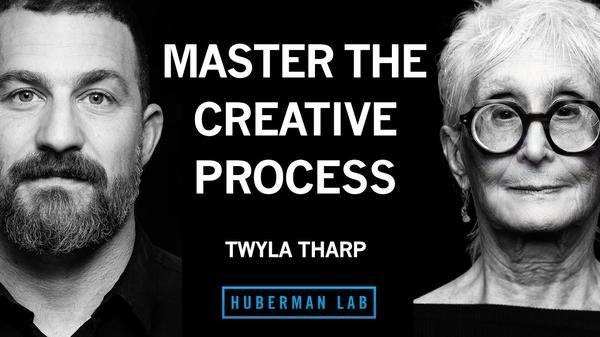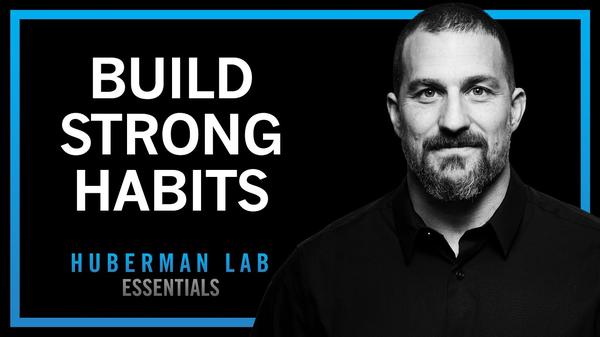
How Smartphones & Social Media Impact Mental Health & the Realistic Solutions | Dr. Jonathan Haidt
Andrew Huberman
Jun 10, 2024
Mindsip insights from this episode:
Leverage dopamine release to understand adolescent behavior wiring
A strong dopamine release from an online 'reward' creates a window of 'super plasticity,' which can rapidly and powerfully wire an adolescent's brain for that specific, often maladaptive, behavior.
Rewire childhood development from play-based to phone-based
The period between 2010 and 2015 is described as 'the great rewiring of childhood' because the mass adoption of smartphones fundamentally shifted development from play-based to phone-based.
Address youth mental health crisis by restoring community and play
The current youth mental health crisis is a tragedy that unfolded in three acts: the loss of community trust, the resulting loss of a play-based childhood, and its replacement by a phone-based childhood.
Uncover social media traps targeting genders
Social media platforms effectively 'trap' girls by using social dynamics and comparison as bait, while boys are trapped by platforms offering simulated war and sex.
Rewire brain for real-world courtship skills by reducing pornography use
Pornography trains the brain for fast, low-effort dopamine reinforcement, which prevents the development of real-world courtship skills and may lead to sexual dysfunction with actual partners.
Foster real-world play to enhance children's conflict resolution skills
Real-world play forces children to learn conflict resolution, whereas online conflicts escalate without resolution, preventing kids from developing these essential social skills.
Protect adolescent brains from online cultural influences
Puberty appears to be a sensitive period for learning culture and identity, making the adolescent brain uniquely vulnerable to being malformed by the artificial social world online.
Implement four norms to address childhood crisis
Four new societal norms are proposed to solve the crisis: no smartphones before high school, no social media until 16, phone-free schools, and more real-world independence.
More from
Andrew Huberman
You also might be interested in
The HIDDEN DANGER Of Male Loneliness
This Is Making Your Kids Sick | Bryan Johnson Podcast
How To Become A Strong Family, Turning Hard Hikes Into Teachable Moments, Raising Confident And Resilient Children & More With Joe And Mell Hashey
The Ultimate Healthy-Eating Hack, Making Family Dinners Fun, Getting Kids To Cook & Much More With Shawn Stevenson.













